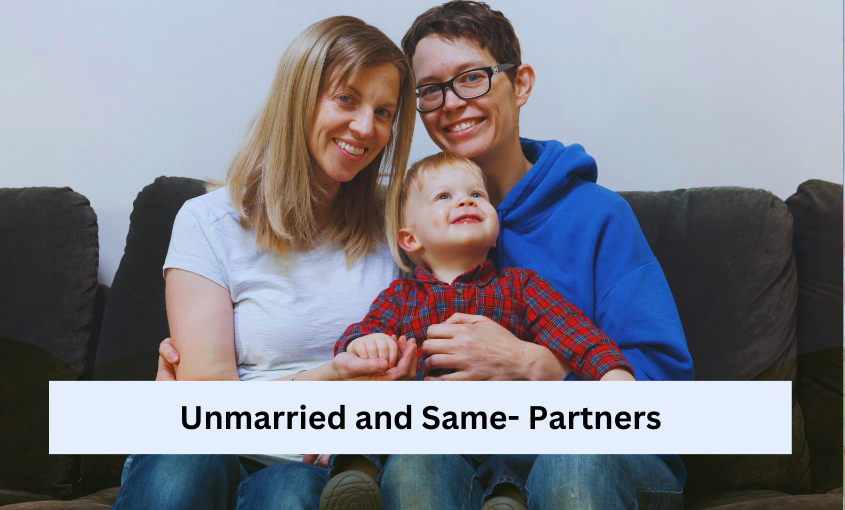
Husband / Wife / Civil Partner
Husband / Wife / Civil partner
This content explains how your husband, wife or civil partner can join you in the UK if you are permanent resident in this country.
Your husband, wife or civil partner may come with you to the UK, or join you here, if you are aged 18 or over and you:
- Recently live in the UK and are settled here; or
- Are returning to the UK with him/her to reside here permanently.
He/she must show that:
- You are legally married to each other or have registered a civil partnership;
- You are going to live together permanently as man and wife, or as civil partners;
- You have met each other;
- You can support yourselves and any dependants without help from public funds;
- You have adequate accommodation where you and your dependants can live without help from public funds.
- He/she is aged 18 or over.
If you have more than one husband or wife, only one of them will be allowed to join you here as your husband or wife.
Your husband, wife or civil partner must get permission to enter the UK before traveling here. We call this permission. It will be in the form of a visa or entry clearance certificate. To attain it, he/she should apply to the British diplomatic post in the country where he/she lives. When your husband, wife or civil partner arrives in the UK, he/she will be given permission to live and work here for 2 years. Near the end of the 2 years, if you are still married or in a civil partnership and plan to live together, your husband, wife or civil partner may apply to live here permanently. In some cases, Home Office can give your husband, wife or civil partner permission to live permanently in the UK as soon as he/she arrives. To qualify for this, you must:
- Have married or formed a civil partnership four years ago;
- Have spent that four years living together outside the United Kingdom; and
- Now be returning to the United Kingdom to settle here together.
See Partners and children for details of how you can be joined by your:
- Fiancé, fiancée or proposed civil partner;
- Unmarried or same-sex partner; or
- Children (including adopted children) or your partner’s children.



